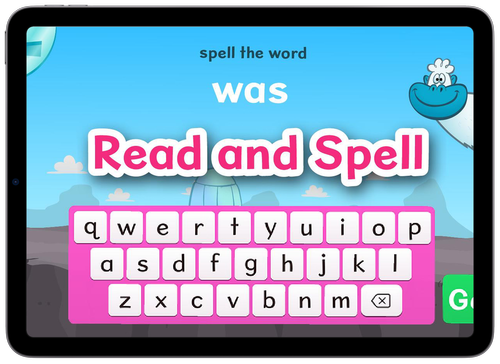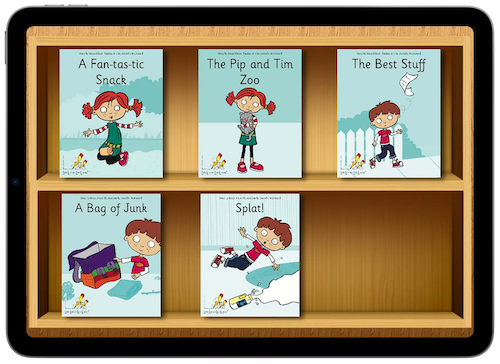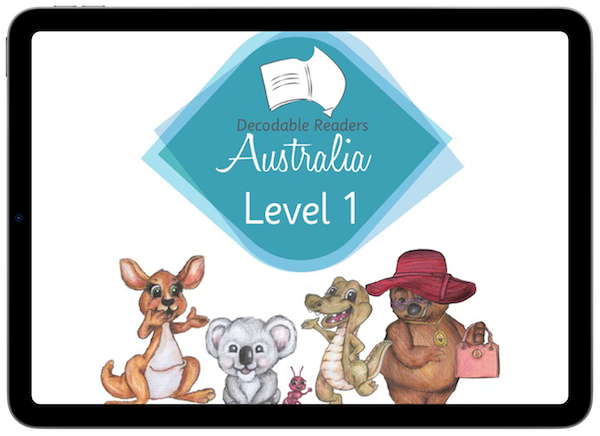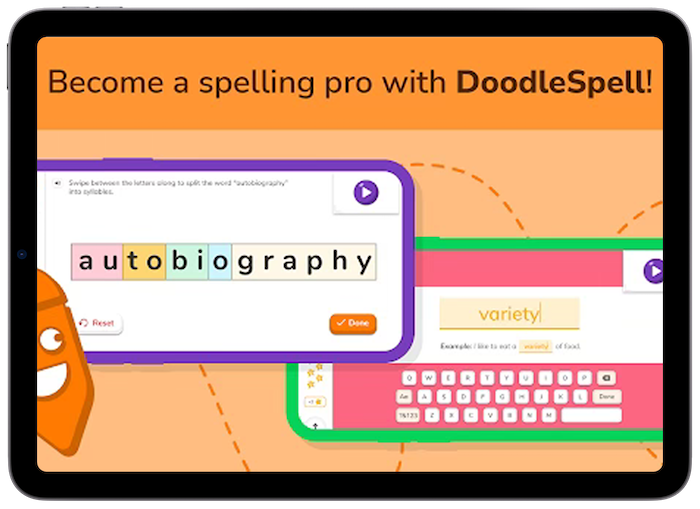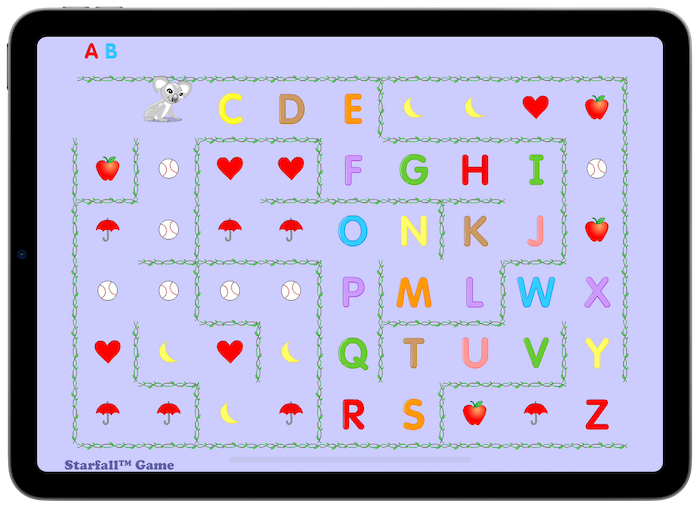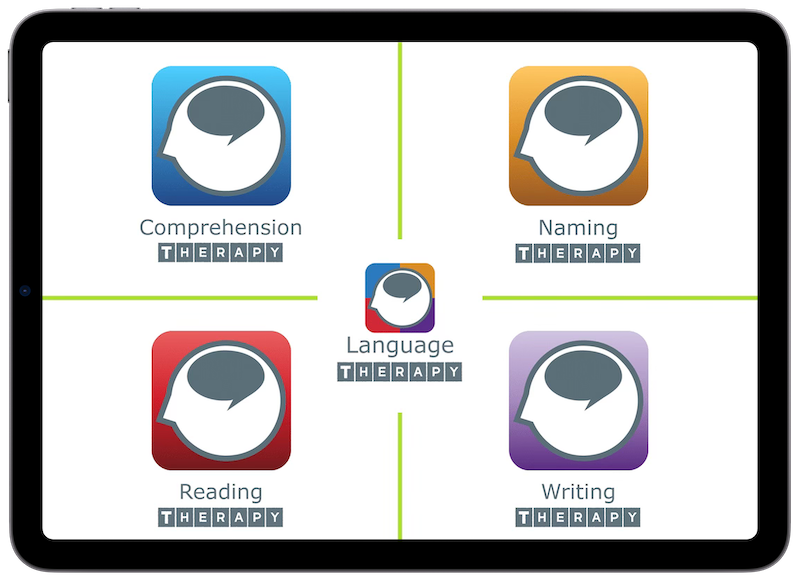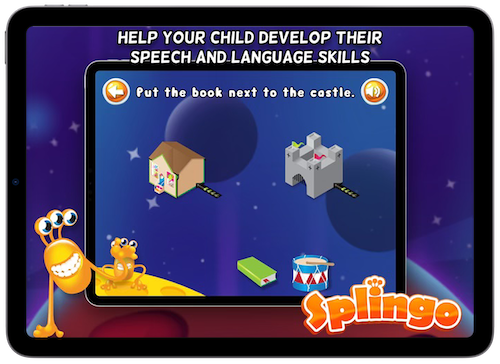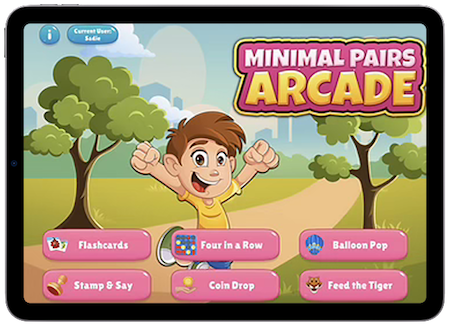15 Best Speech Apps in 2025
Apps we’d swipe right on — from real-life Speech Pathologists
The other day, I was talking with a parent who asked a great question: 'Are there any apps that can help my child improve their reading and spelling?' As I started sharing a few of my go-to recommendations, I realised just how many apps I’ve suggested over the years—not just for reading and spelling, but for all sorts of communication goals.
As Speech Pathologists, we get to work with people with various communication difficulties, from speech sounds and language challenges to voice disorders, and social communication skills. So naturally, my team and I have tested out a lot of apps along the way to see what actually makes a difference. See what apps made our list.
Features tiny, animated creatures that are the main characters in phonics games.
Helps improve letter-sound knowledge and decoding words with digraphs, r-controlled vowels, and silent ‘e’ endings as well as practicing high frequency words.
They also have an app called ‘Chimp Fu’ that helps you practice how to segment words with multiple syllables to make them easier to decode.
Teaches users to read in a step-by-step manner from single sounds, to words, to sentences.
Developed from an evidence-based phonics program created by teachers for teachers.
Uses a multi-sensory approach to teach reading and writing skills, engaging different parts of the brain at the same time to help solidify learning.
Decodables
Our clinic is constantly on the look-out for quality decodable readers to help our new readers practice their skills at home. These are two of our favourite FREE apps with a collection of graded readers featuring pre-reading vocabulary and post-reading comprehension questions.
Adjusts activities to your spelling abilities.
Also teaches word formation and sentence structure so it goes beyond just teaching a word in isolation.
Features progress trackers to monitor your success.
Note: Requires subscription for full access.
Packed with interactive language games for kindergarten to Year 5.
Although you would get the most out of the paid version, this app’s free version offers exciting activities that target reading, spelling, grammar, comprehension and punctuation.
Has a feature where you can track your progress as you go.
Fun maths and language games for Pre-K to Year 6 learners.
Cute and furry characters and adorable animations to keep users engaged.
This one’s great for learning vocabulary, grammar and reading.
If you like these games, they can also be played online without the app.
Created for clients post-stroke or with a brain injury, but equally useful for users trying to improve their language skills of comprehension, naming, reading and writing skills.
This app also makes it very easy to track your scores and send them to your therapist for review.
Fun alien creatures take you through interactive games targeting past tense, categories, pronouns, adjectives, and early words. It also includes an in-app assessment to gauge your baseline skills.
An oldie but a goodie!
Provides video examples for a range of different sounds in isolation and then within single words.
You can select multiple targets to contrast and practice difficult sounds.
Combines a highly used speech therapy approach called ‘minimal pairs’ with games like ‘Four in a Row’, ‘Coin Drop’ and ‘Feed the Tiger’.
They also have a free, lite version that targets initial d/g, s/sh, and t/k sounds.
This app allows you to track and analyse aspects of your pitch and volume in real-time as you perform your voice exercises.
It can be a super helpful tool when used in conjunction with voice practice, especially if you have pitch or volume-based goals.
Adorable affirmations and animated characters turn daily tasks into fun, achievable goals.
For those of us who need a bit more motivation, Finch offers tokens/points you can earn for each task you complete.
Great for those who need a little more help completing difficult tasks, like speech therapy homework!
A good night’s rest is necessary for all of our daily functions from speech production to use of language, to executive functioning skills and emotional regulation. So naturally, we’ve searched high and low for a good sleep tracker.
Records your sleep to catch any potential sleep disturbances like snoring or sleep apnoea.
Graphs your progress over each week and month and helps you stick to your daily sleep goal.
My current favourite app at the moment. It responds to your fingers’ movements. Great for sensory play and emotional regulation, which supports opportunities for communication!
Allows you to either play with the wallpaper in the app or set as your wallpaper.
Language, speech and social pragmatic skills do not often come as a solitary diagnosis. This app helps those with concomitant mental health struggles monitor their symptoms, and identify if they might need some additional help from their doctor or a psychologist.
Communication and swallowing difficulties can be isolating and negatively impact mental health, so finding simple ways to record and communicate about mental health challenges is important!
Provides information on sleep quality, fatigue, mood, muscle tension, difficulties with starting a task and much more!
Check out these apps and see which ones might work best for you or your loved one. Every learner is different, so it might take a little trial and error—but that’s part of the fun! Have fun exploring, and don’t forget to reach out to your speech therapist if you need help choosing the right tools for your goals.
Stay connected


